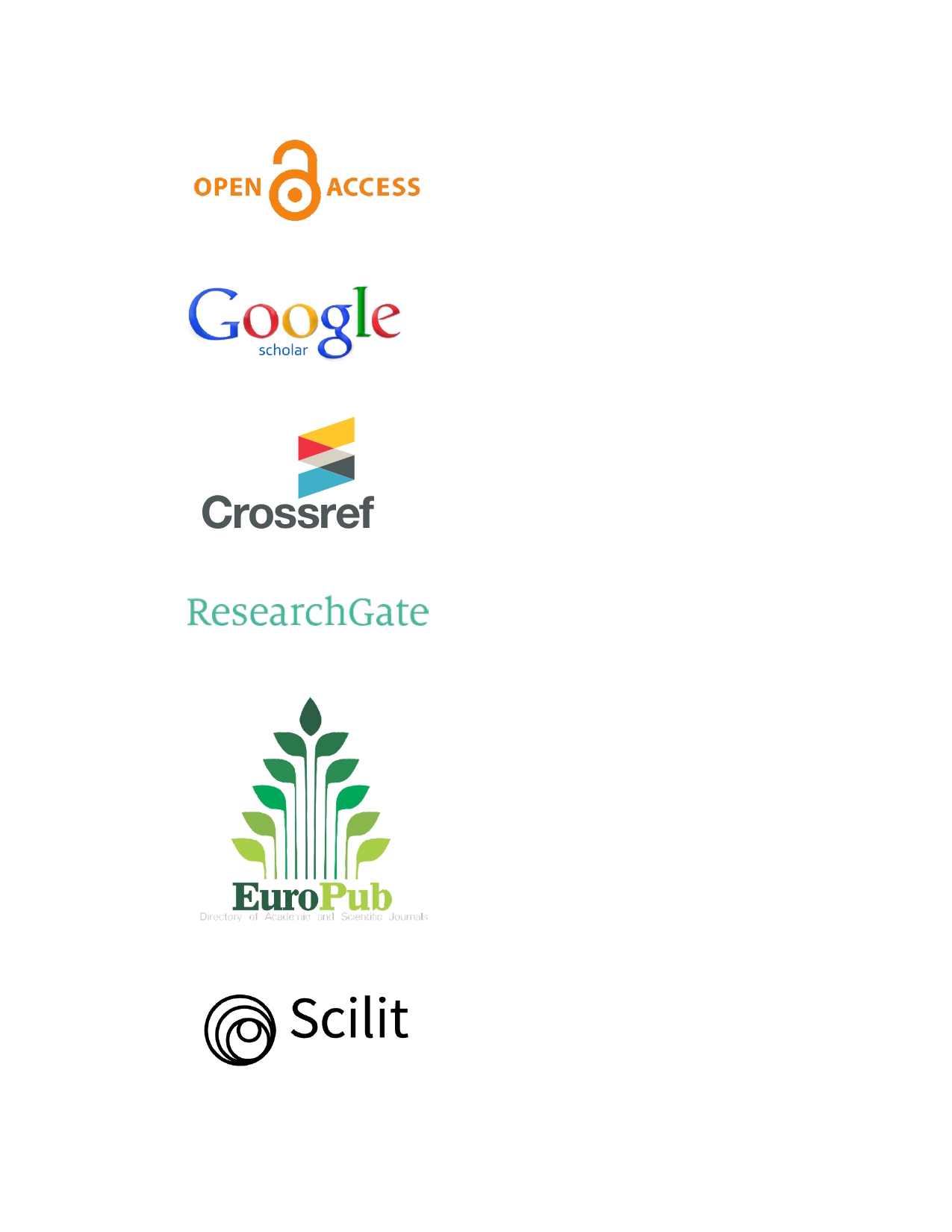Challenges of Implementing Corporate Social Responsibility in Indonesia
DOI:
https://doi.org/10.63002/assm.304.1010Keywords:
Corporate social responsibility, Corporation, CSR, IndonesiaAbstract
Corporate Social Responsibility (CSR) is a form of corporate responsibility towards the social and natural environment as part of a sustainable development strategy. Although it has been regulated under Law No. 40 of 2007 concerning Limited Liability Companies and Law No. 25 of 2007 concerning Investment, the implementation of CSR in Indonesia still faces several fundamental obstacles. This research is motivated by the low effectiveness of CSR implementation, which is often symbolic in nature and fails to address the community's actual needs. The research question posed is: What are the main challenges faced by Indonesia in implementing corporate social responsibility effectively? This study employs a normative juridical method with a qualitative descriptive approach, utilizing a literature review to inform its analysis. The findings reveal four main challenges in the implementation of CSR in Indonesia: (1) the lack of corporate commitment in implementing CSR strategically; (2) suboptimal regulatory frameworks; (3) lack of synergy among stakeholders; and (4) socio-cultural challenges. Therefore, regulatory reforms, increased awareness among business actors, and participatory approaches that are sensitive to local contexts are essential to ensure that CSR contributes meaningfully to sustainable national development.
Downloads
Published
How to Cite
Issue
Section
License
Copyright (c) 2025 Reza Fahlepy, Gunawan Widjaja

This work is licensed under a Creative Commons Attribution 4.0 International License.






